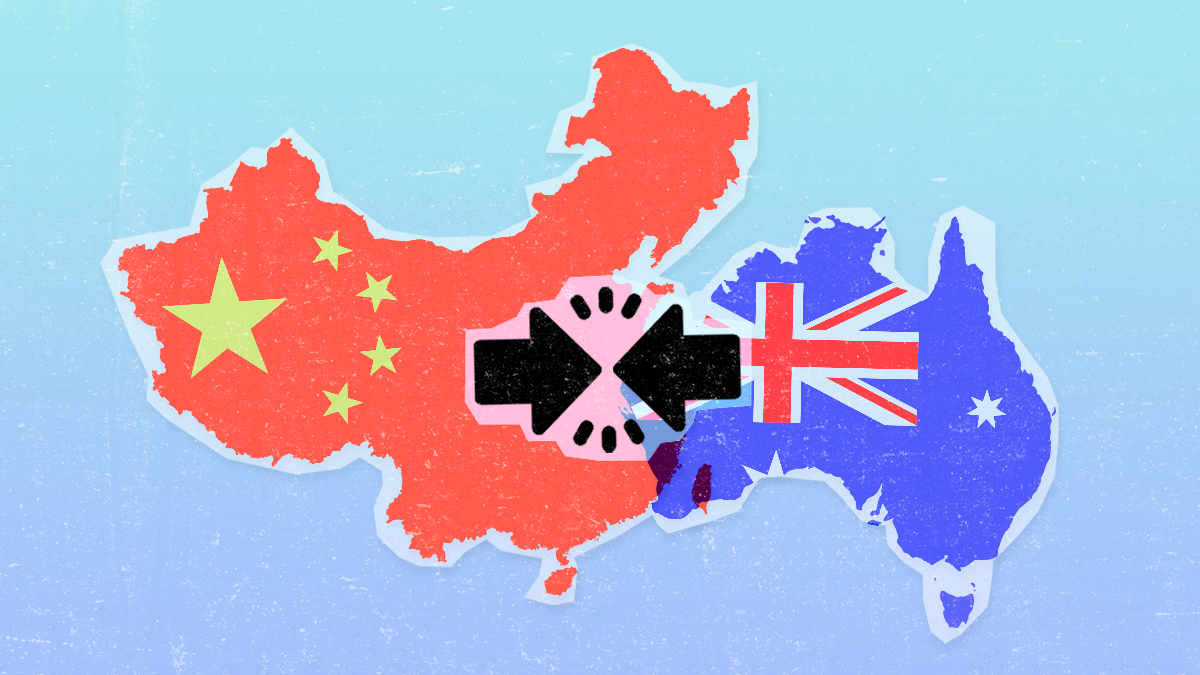December 20, 2021
For Beijing, there is thunder Down Under. Tensions between Australia and China just keep rising. After China responded to Aussie requests for a COVID investigation by imposing devastating tariffs and unofficial bans on Australian exports in 2020, Oz is pushing back hard now. Canberra on Friday accused China of “economic coercion,” while cybersecurity officials publicly confirmed malicious attacks against Australia by Chinese spy services working with Chinese telecom giant Huawei. The Aussies also say Chinese intelligence vessels are snooping around in Australia’s Exclusive Economic Zone. These accompany several clearly pro-American moves this year: the Aussies have signed on to AUKUS, an exclusive military club with Washington and London that gives them access to unprecedented weapons tech, are allowing the buildup of US military infrastructure (read, bases) on its soil, and joined America in a diplomatic boycott of the 2022 Beijing Winter Olympics. But the Australians are taking the tensions directly to China’s neighborhood, too. Canberra just signed a $770 million weapons deal with South Korea, including tech to build Howitzers — really, really big artillery guns. And even though the spat between the two continues, there is evidence that Australia, though heavily dependent on trade with China, is successfully pushing for diversity in trade partnerships.
More For You
- YouTube
China was largely absent from the core conversations at the 2026 Munich Security Conference. That, says Ian Bremmer, is telling.
Most Popular
- YouTube
At the 2026 Munich Security Conference, Brad Smith announces the launch of the Trusted Tech Alliance, a coalition of global technology leaders, including Microsoft, committing to secure cross-border tech flows, ethical governance, and stronger data protections.
When the US shift from defending the postwar rules-based order to challenging it, what kind of global system emerges? CFR President Michael Froman joins Ian Bremmer on the GZERO World Podcast to discuss the global order under Trump's second term.
TODAY at 12 pm ET: Watch our Global Stage live premiere from the Munich Security Conference
Feb 13, 2026
Tune in today at 12pm ET/6pm CET for the live premiere of our Global Stage from the 2026 Munich Security Conference, where our panel of experts takes aim at the latest global security challenges. NY Times National Security Correspondent David Sanger moderates the discussion with Benedetta Berti, Secretary General, NATO Parliamentary Assembly; Ian Bremmer, President & Co-founder, Eurasia Group & GZERO Media; Dr. Wolfgang Dierker, Global Head of Government Affairs, SAP; and Brad Smith, Vice Chair & President, Microsoft.
© 2025 GZERO Media. All Rights Reserved | A Eurasia Group media company.
